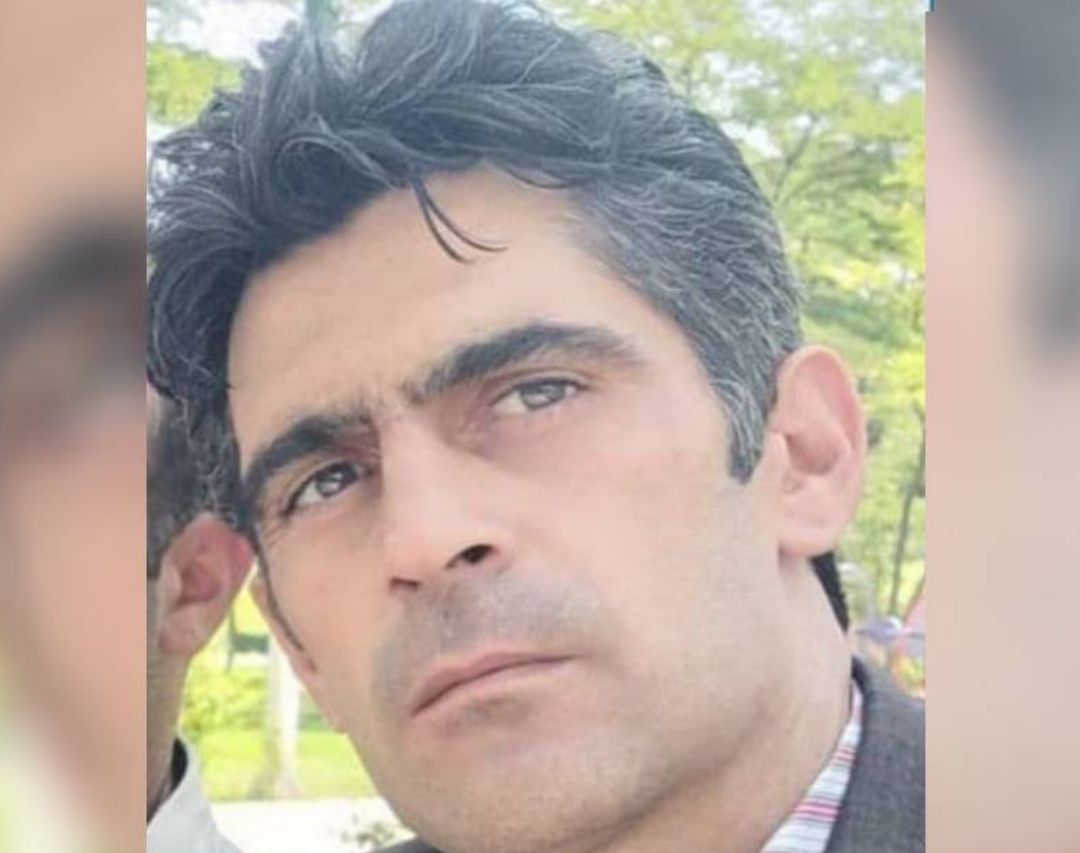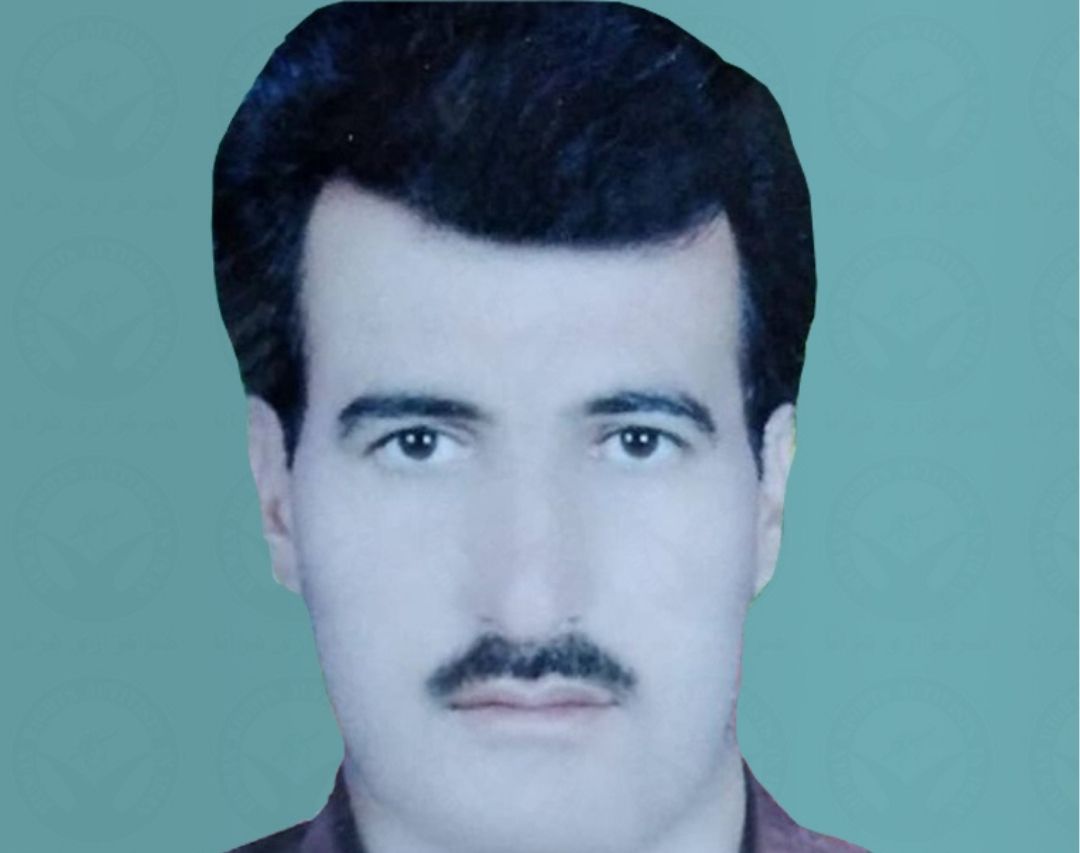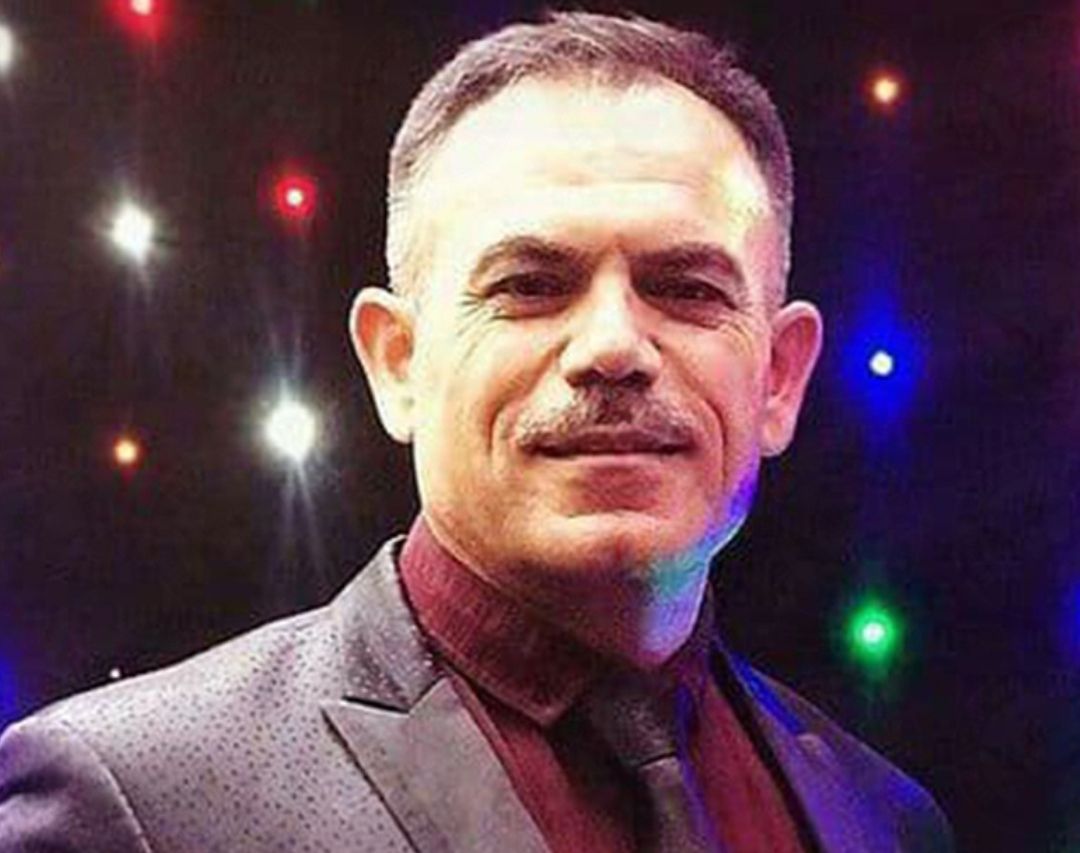Ali Mardan Boland Gerami, a citizen of Yasuj, is on the verge of execution despite a clear lack of sufficient evidence.
According to HRANA, the news agency of Human Rights Activists, Gerami’s sentence is based only on “Qassameh”. Qassameh is an accepted form of proof of guilt within Iran’s legal system based solely on relatives’ oaths.
Mr. Gerami was sentenced to death for murdering his wife while the court did not find adequate evidence, it made the ruling based on the swearing of the family of the wife.
After filing the appeal request, the case was referred to a court of equal rank where the death sentence was confirmed. The Supreme Court also upheld the sentence. Mr. Gerami’s case has been transferred to the Judgment Enforcement Unit and now he is on the verge of execution.
“Six days ago, the death sentence was supposed to carry out, but the family was able to get more time,” an informed source said. “This opportunity will end tomorrow and he may be executed at any moment.”
Swearing (Qasameh) is one way, within the Islamic jurisprudence and criminal law in Iran, to prove crimes related to murder and physical injuries when there is no enough evidence against the suspect. In case of premeditated murder, the relatives of a plaintiff must bring 50 relatives to the court to swear an oath that the defendant is guilty. The number is 25 for unpremeditated murder.












